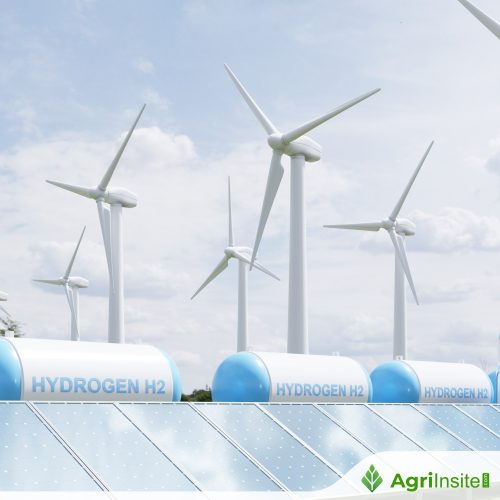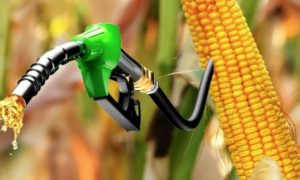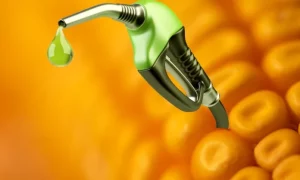Uganda Govt subsidizes prices of renewable energy products

Uganda’s Results-Based Financing Program under the $638M Electricity Access Scale-Up Project subsidizes renewable energy products like solar systems, clean cooking solutions, and productive-use equipment. Running until June 2027, discounts range from 30-60%, benefiting Ugandans and refugees. The initiative aims to improve livelihoods, conserve resources, and boost incomes, with over 7,700 sales reported since its November 2024 launch.
The government, through the Uganda Energy Credit Capitalisation Company (UECCC), has subsidized prices of renewable energy products to make them affordable for consumers, but also support the country’s objective of widening the pool of cleaner technologies to the public.
This project is being implemented through a Results Based Financing/ Price Subsidy (RBF) Program under the Financial Intermediation Component of the Electricity Access Scale-up Project (EASP), which is supported by development partners.
The technologies being sold under this programme include clean cooking solutions powered by solar, ethanol, biogas, briquettes, and liquefied petroleum gas (LPG) and off-grid solar technologies. Other solutions include technologies such as water pumping, irrigation, refrigeration and cooling, water heating, and grain milling systems.
Under this initiative, which commenced on November 1, 2024 and will run up to June 30, 2027, the prices of solar lanterns will be reduced by 60 per cent, while those of solar home systems with a maximum of three lights by 50 per cent.
LPG is being reduced by 40 per cent, ethanol cook stoves by 40 per cent, biomass cook stoves by 50 per cent, electric pressure cookers by 50 per cent and the bio-gas systems are being reduced by 30 per cent. Equipment such as systems for water pumping, irrigation, refrigeration and cooling, water heating and grain milling have been reduced by 60 per cent.
While officially launching the project in Kiboga district last week, Roy Nyamutale Baguma, the managing director of UECCC, said they have partnered with 67 energy service companies to deliver the price subsidies to Ugandans and refugees.
“The list of participating companies is expected to grow. The companies are selected to ensure a wide geographical reach across Uganda and those that register sales in remote areas will qualify for additional incentives. We are encouraging the energy service companies to open up more outlets in remote and hard-to-reach areas,” Baguma said.
Baguma added that the only requirement to purchase the discounted products will be a national identification card and ability to cover or pay for the discounted price.
“Ugandans just need to go to any outlet of the listed energy service companies, show their national ID, pay the reduced amount of the chosen technology and go home with the purchased item.”
However, all nationals are entitled to one product from each of the available categories within a period of two years. Refugees in host districts are also eligible for these products upon presentation of a valid refugee identify card.
Ruth Nankabirwa, the minister of Energy and Mineral Development, who presided over the launch, said “the program will improve the overall wellbeing and vitality of communities, preservation of the natural resources and increase household incomes from utilizing productive use of energy equipment.
The Electricity Access Scale-Up Project is a $638 million World Bank-funded project. According to UECCC, since the commencement of the program on November 1, 2024, off-grid solar sales amount to 3,244, clean cooking sales are 4,399 and productive uses of energy sales amount to 112.
To read more about Ethanol Industry & Bio Energy News, continue reading Agriinsite.com
Source : The Observer















